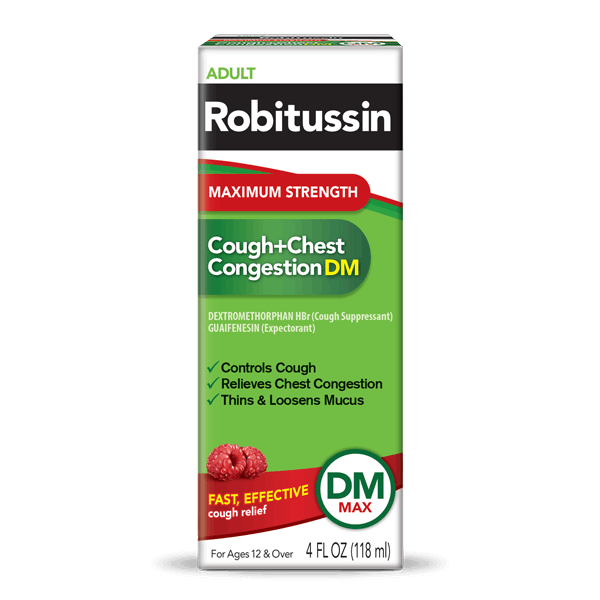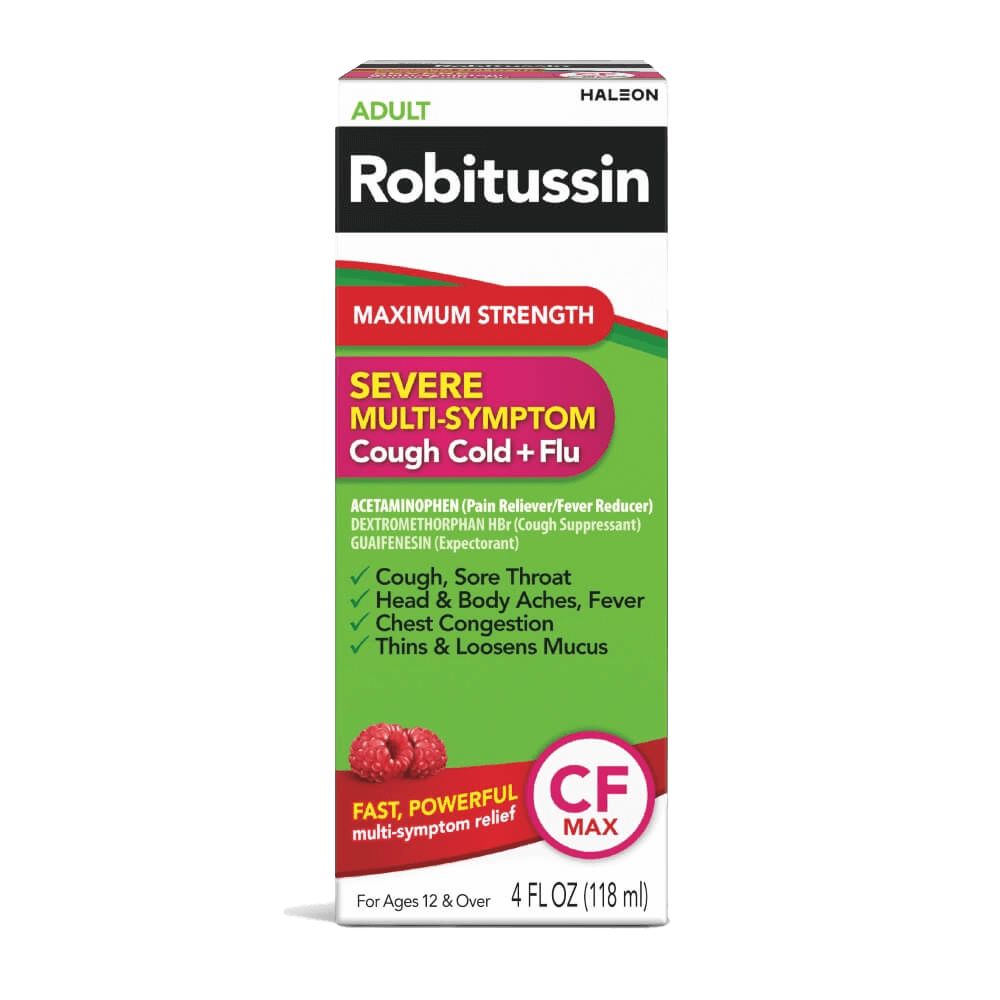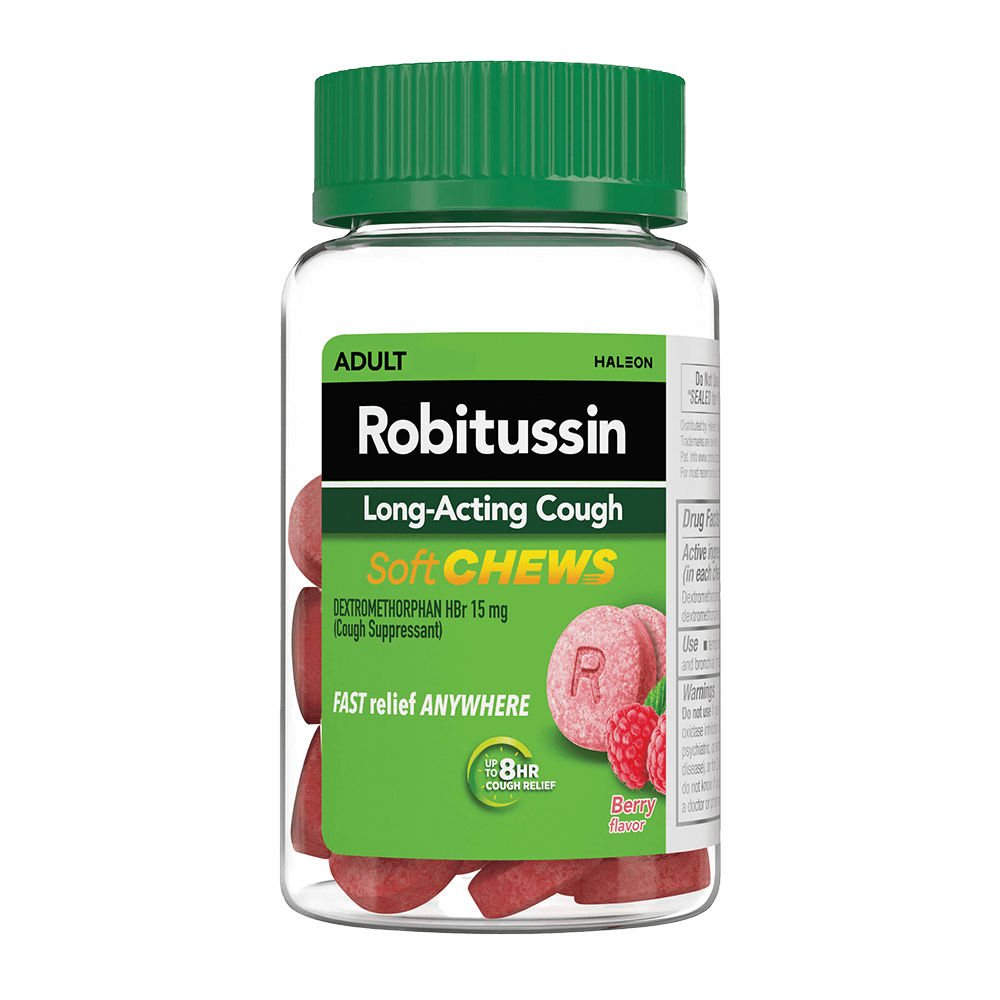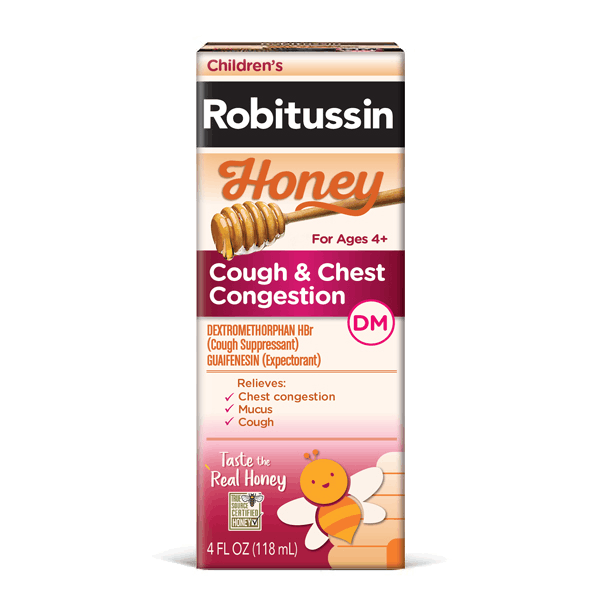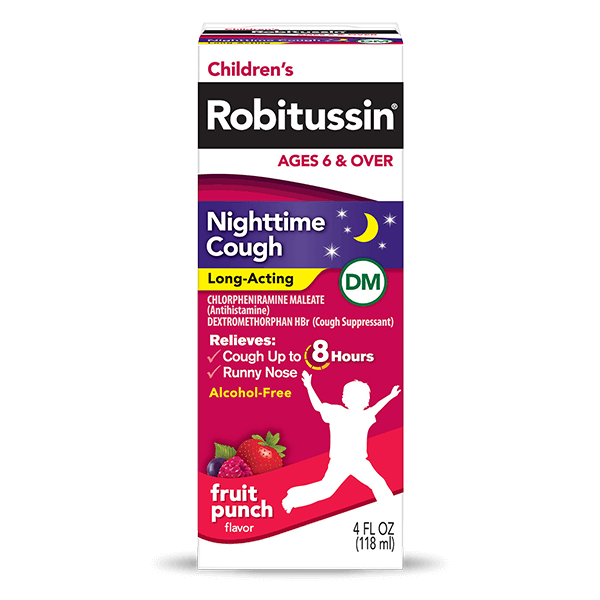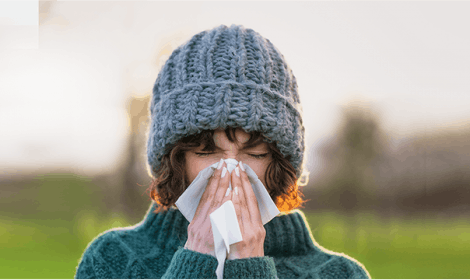Can You Take Zinc for Colds?
Getting a cold is never fun, especially when you have lots of things to do. When you’re hit with a case of the common cold, you may need to spend a few days resting in bed to recover from your symptoms. This viral infection is called the “common” cold for a good reason – adults can catch two to three colds a year, and children can catch the cold at least four times a year.1 Having to deal with the cold can be stressful, especially if you get it more than once a year but taking supplements with zinc may help with the recovery process. Read more to learn about how you can use zinc for colds.

What Is Zinc?
Zinc is an important nutrient that can be found throughout your body.2 It is good for helping your immune system and metabolic function, and it can help promote wound healing.2 Consuming zinc on a daily basis can help support growth and development during pregnancy and childhood.3 Zinc deficiency can cause hair loss, impaired immune function and delayed growth, so it’s important to include plenty of zinc in your diet.3 The recommended daily zinc intake is around 11 mg for men and 8 mg for women.2
Zinc can be taken as an oral supplement.2 However, your body will usually get enough zinc through a balanced diet.2 Oysters contain the most zinc out of any other food, but red meats and poultry also have significant amounts of zinc.3 Other good sources of zinc include beans, nuts, breakfast cereals and yogurt.3
Does Zinc Help with Colds
Unfortunately, there is no cure for the common cold, which means the virus has to run its course.1 Despite there being no cure, zinc can be useful in managing a cold to help you while you recover. Research shows that taking zinc at the first sign of cold symptoms can significantly reduce both the severity and duration of symptoms.4 Taking zinc may help prevent the rhinovirus (or cold virus) from multiplying and may stop the virus from lodging in the mucous membranes of the nose and throat.5 Symptoms you may experience with the common cold include sneezing, runny nose, cough and sore throat, so remember to increase your zinc intake at the first sign of these conditions.1 Taking zinc in the form of a lozenge or syrup may be the most effective methods for helping colds because they allow the substance to stay in the throat and come in contact with the virus.5
What Are Some Risks with Taking Zinc Supplements for Colds?
Like many other supplements and medicines, side effects can occur after taking zinc supplements for colds. Zinc lozenges can cause side effects like nausea or a bad taste in your mouth.5 Taking large amounts of zinc can lead to zinc toxicity and cause vomiting, loss of appetite, abdominal cramps and headaches.3 Permanent loss of smell is a possible side effect from using zinc nasal sprays, so make sure to avoid using them to help your cold.5 Zinc is also known to cause interactions with some types of medications. Oral zinc supplements can interact with certain antibiotics and the rheumatoid arthritis drug penicillamine if taken within two hours of each other.2
Zinc supplements are affordable and can be found in most stores when you’re looking to help your cold. 40 mg of zinc a day is considered to be the upper limit dose for adults, so be mindful of how much you are taking.2
Other Good Ways to Help Cold Symptoms
When the common cold has you stuck in bed, you’ll want to take all available measures to help alleviate your symptoms. Here are some remedies you can try along with taking zinc supplements for colds:
- Drinking lots of fluids. It’s important to stay hydrated when you’re sick. Keep your fluid intake up by keeping a glass of water or a hot cup of decaffeinated tea by your side.6
- Sipping on chicken soup. A nice, warm bowl of chicken soup may contain mucus-thinning properties to help soothe your cold.6 Chicken is a good source of zinc as well.2
- Gargling with saltwater. Mix salt with warm water to make a saltwater gargle for temporarily relief from a sore or scratchy throat.6
- Getting plenty of rest. One of the best ways to help you recover from a cold is to get rest.1 Take a few days off from work or school to recover and avoid spreading the virus to others.
- Taking over-the-counter cold medications. Over-the-counter medicines are a good way to help relieve your cold symptoms.1 To find relief from multiple cold symptoms at once, try Robitussin Maximum Strength Severe Multi-Symptom Cough Cold + Flu. This powerful formula provides you with fast relief from a variety of cold symptoms.
Talk to your doctor if you have any concerns about taking zinc for colds. Learn about how cold medicines work and find helpful health articles on the Robitussin Cough and Cold Center.
References
- Common Cold. Cleveland Clinic. https://my.clevelandclinic.org/health/diseases/12342-common-cold Accessed 12/8/2021.
- Zinc. Mayo Clinic. https://www.mayoclinic.org/drugs-supplements-zinc/art-20366112 Accessed 12/8/2021.
- Zinc. National Institutes of Health. https://ods.od.nih.gov/factsheets/Zinc-HealthProfessional/ Accessed 12/8/2021.
- Zinc for the common cold – not if, but when. National Institutes of Health. https://www.ncbi.nlm.nih.gov/pmc/articles/PMC3273967/ Accessed 12/8/2021.
- Zinc for colds: The final word? Mayo Clinic. https://www.mayoclinic.org/diseases-conditions/common-cold/expert-answers/zinc-for-colds/faq-20057769 Accessed 12/8/2021.
- Home Remedies: A case of the common cold. Mayo Clinic. https://newsnetwork.mayoclinic.org/discussion/home-remedies-a-case-of-the-common-cold/ Accessed 12/8/2021.
